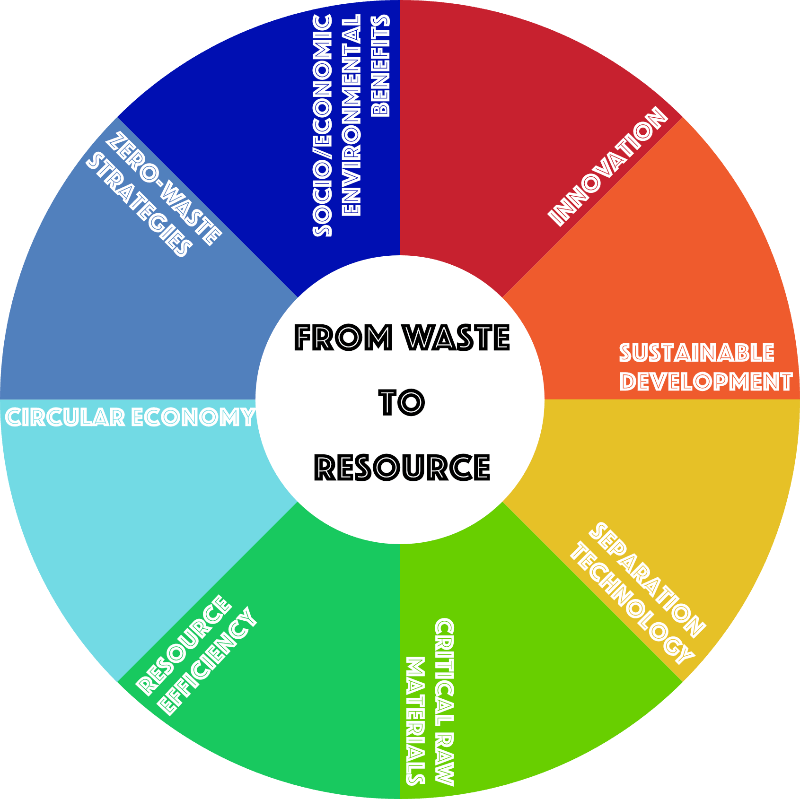The scarcity of natural resources is a big drawback for humankind. Due to populational growth and technological development, the exploitation of natural resources keeps on accelerating while primary sources continuously decrease. In parallel, anthropogenic activities also generate ever-growing waste and pollutants. Considering this scenario, a paradigm shift is essential to ensure the maintenance of society and technological advances, especially concerning the transition from a linear to a circular economy and from fossil fuels to renewable energy sources. Several policies have been drawn to push for the change on the same lines. Achieving the goals proposed by the United Nations (Sustainable Development Goals - SDGs) or the targets on the Paris Climate Agreement and reaching carbon neutrality in Europe by 2050 depends on adopting novel perspectives. Facing such challenges demand that the engineers not only acquire knowledge on novel technologies to address these complex and important issues, but also develop critical thinking regarding resource and waste.
This course presents an overview of processes and techniques for resource recovery from different sources. This includes using wastewaters, industrial effluents, food and municipal waste, and waste electronical and electrical equipment as sources for raw materials, devising strategies for the recovery using biochemical tools and specific separation strategies.
The overall aim is to provide a deep understanding of the ‘Resource recovery from waste’ concept and how this is applied in sustainable waste treatment processes.
The course will approach:
Recovery of water
- Black and greywater
- Biological treatment of wastewaters
- Desalination
- Technologies to recover water from mining tailings
Recovery of energy
- Gasification of biomass
- Biogas production
- Biohydrogen and biofuel production
- Microbial fuel cells
Recovery of materials
- Volatile fatty acids and bioplastics production
- Recycling of waste electronic and electric equipment
- Critical raw materials
- Nutrient recovery
- Bioleaching
Assessment of environmental impacts:
- Sustainable development, circular economy, planetary boundaries and energy transition
- Life cycle assessment (LCA)
